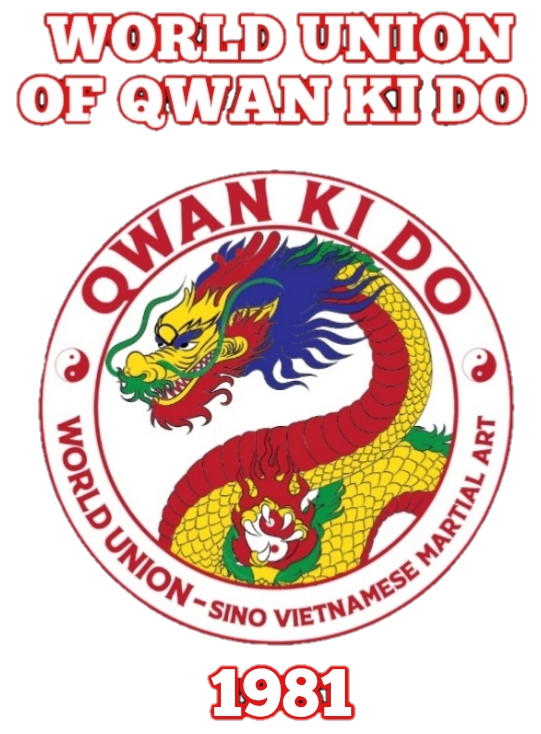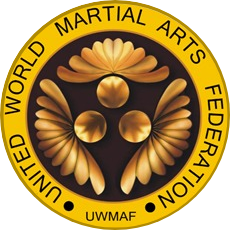WHO WE ARE / WUQKD-SVMA > PRINCIPLES > AIMS AND OBJECTIVES > ORGANIZATION CHART > MANAGEMENT > COMMISSIONS
PRINCIPLES
The re-founded World Union remains deeply rooted at all levels, including the technical, ethical and philosophical, in the tradition of Qwan Ki Do and Chinese and Vietnamese martial arts.
The World Union renews and strengthens its commitment to create an ethical-philosophical approach to man and society that is profoundly communal and non-materialistic.
At the same time it makes innovation, pedagogical commitment, the complete formation of the human being in all its aspects and a modern organization its main characteristics.
In response to the serious organizational problems that were at the origin of the detachment from the organization headed by the Master Founder and its re-foundation, the World Union asserts some fundamental organizational principles:
· The collegial and non-centralist management of power and knowledge, which constructively accepts and manages the difference of opinion;
· Investment in the training of a group of managers who ensure institutional continuity even after the disappearance of the masters through generational turnover;
· The attribution of degrees and positions on the basis of merit and competence and not exclusively of personal loyalty and conformity to the bureaucratic top management;
· The continuous adaptation and modernization of the organizational structure;
· Investment in the training of national and international managers and the creation of a pool of shared technical and organizational skills, from which the organization can draw at any time as a common heritage and not for a few, also through the establishment of an academic structure dedicated;
· The awareness that every central body exists not only to guarantee the uniformity and homogeneity of financial and organizational techniques and strategies through a necessary form of hierarchy and control, but also and above all to offer adequate support to national and local realities;
· Management transparency;
· The use and investment of financial funds acquired through the contributions of national clubs and associations in strategies and activities for the development and promotion of the martial art and not for profit.
WHO WE ARE / WUQKD-SVMA > PRINCIPLES > AIMS AND OBJECTIVES > ORGANIZATION CHART > MANAGEMENT > COMMISSIONS
WHO WE ARE / PRINCIPLES
PRINCIPLES
The re-founded World Union remains deeply rooted at all levels, including the technical, ethical and philosophical, in the tradition of Qwan Ki Do and Chinese and Vietnamese martial arts.
The World Union renews and strengthens its commitment to create an ethical-philosophical approach to man and society that is profoundly communal and non-materialistic.
At the same time it makes innovation, pedagogical commitment, the complete formation of the human being in all its aspects and a modern organization its main characteristics.
In response to the serious organizational problems that were at the origin of the detachment from the organization headed by the Master Founder and its re-foundation, the World Union asserts some fundamental organizational principles:
· The collegial and non-centralist management of power and knowledge, which constructively accepts and manages the difference of opinion;
· Investment in the training of a group of managers who ensure institutional continuity even after the disappearance of the masters through generational turnover;
· The attribution of degrees and positions on the basis of merit and competence and not exclusively of personal loyalty and conformity to the bureaucratic top management;
· The continuous adaptation and modernization of the organizational structure;
· Investment in the training of national and international managers and the creation of a pool of shared technical and organizational skills, from which the organization can draw at any time as a common heritage and not for a few, also through the establishment of an academic structure dedicated;
· The awareness that every central body exists not only to guarantee the uniformity and homogeneity of financial and organizational techniques and strategies through a necessary form of hierarchy and control, but also and above all to offer adequate support to national and local realities;
· Management transparency;
· The use and investment of financial funds acquired through the contributions of national clubs and associations in strategies and activities for the development and promotion of the martial art and not for profit.




